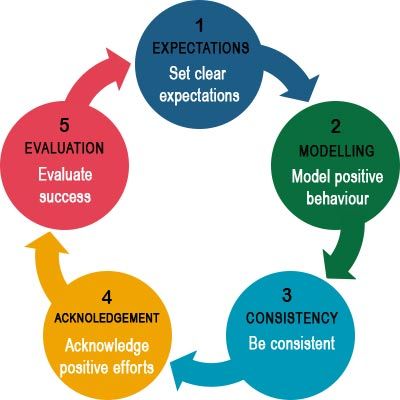Positive Support in the NDIS: Enhancing Lives and Empowering Individuals
The National Disability Insurance Scheme (NDIS) is a transformative program in Australia that aims to provide support and services to people with disabilities. One crucial aspect of the NDIS is positive behaviour support, which plays a pivotal role in enhancing the quality of life for participants.
What Is Positive Behaviour Support?
Positive behaviour support is a comprehensive approach that focuses on understanding and changing behaviour in a constructive manner. Here are some key points about positive behaviour support:
-
Quality of Life: At its core, positive behaviour support aims to help individuals have a good quality of life. It goes beyond merely managing challenging behaviours; it seeks to improve overall well-being.
-
Understanding and Change: Rather than punitive measures, positive behaviour support relies on evidence-based strategies to understand why certain behaviours occur and how they can be modified. It emphasizes proactive approaches over reactive ones.
-
Person-Centred: Positive behaviour support considers the individual’s strengths, goals, wants, and needs. It recognizes that each person is unique and tailors interventions accordingly.
-
Rights and Dignity: It values and protects the rights of participants, ensuring that their dignity remains intact throughout the process.
-
Environmental Adaptations: Positive behaviour support involves making changes to the environment to meet the participant’s needs. This could include modifying physical spaces, routines, or communication methods.
How Can Behaviour Support Help Participants?
Positive behaviour support has several positive impacts on participants’ lives:
-
Quality of Life: Participants experience an improved quality of life, with greater satisfaction and fulfillment.
-
Tailored Support: The approach ensures that participants receive support that aligns with their specific needs and goals.
-
Skilled Support Staff: Well-trained support staff play a crucial role in implementing positive behaviour support. They learn effective strategies to assist participants and promote positive outcomes.
-
Relationship Building: Participants learn to get along with others and build lasting relationships within their communities.
-
Choice and Control: Positive behaviour support empowers participants to make choices and exercise control over their lives.
-
Skill Development: Participants acquire new skills and coping mechanisms to navigate challenging situations.
-
Community Inclusion: The approach encourages participation in community activities, fostering a sense of belonging.
-
Reduced Restrictive Practices: Efforts are made to minimize or eliminate restrictive practices, ensuring participants’ safety without compromising their autonomy.
Behaviour Support Plans
A Behaviour Support Plan is a critical tool in positive behaviour support. It outlines strategies to address behaviours of concern while promoting positive change. There are two types of plans:
-
Interim Behaviour Support Plan: This short-term plan focuses on safety while a comprehensive assessment is conducted.
-
Comprehensive Behaviour Support Plan: Based on assessment findings, this plan provides proactive strategies, skill-building, and lasting change.
Key components of a behaviour support plan include:
- Collaborative development with the participant and their support network.
- Descriptions of behaviours of concern.
- Understanding the reasons behind the behaviour.
- Teaching new skills and alternative ways of coping.
- Steps to maintain safety.
